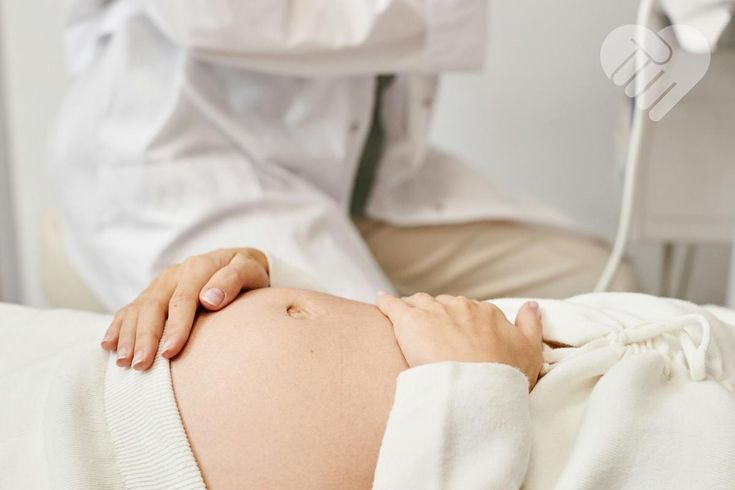As an expectant mother, you’re probably no stranger to the array of emotions and physical changes that come with pregnancy. But while joy and excitement are natural companions on this journey, so too are concerns about your health and the health of your unborn baby. One condition that may cause worry is pre-eclampsia, a pregnancy complication that affects thousands of women worldwide. In this article, we’ll delve into the world of pre-eclampsia, exploring its definition, symptoms, causes, diagnosis, treatment options, and management strategies.

What is Pre-Eclampsia?
Pre-eclampsia is a pregnancy complication characterized by high blood pressure and damage to organs like the liver, kidneys, and brain. It typically develops after the 20th week of pregnancy, and if left untreated, can lead to severe complications for both mother and baby.
Symptoms of Pre-Eclampsia.
While some women with pre-eclampsia may not exhibit symptoms, others may experience:
- High blood pressure
- Protein in the urine
- Headaches
- Vision problems (blind spots, double vision, sensitivity to light)
- Nausea and vomiting
- Abdominal pain
- Weight gain due to fluid retention

Causes of Pre-Eclampsia.
The exact cause of pre-eclampsia remains unknown, but research suggests it may be linked to:
- Abnormal placental development
- Poor blood flow to the uterus
- Genetic factors
- Immune system dysfunction
Diagnosing Pre-Eclampsia
Pre-eclampsia is diagnosed through:
- Regular blood pressure checks
- Urine tests (proteinuria)
- Physical exams
- Laboratory tests (liver and kidney function)

Treatment and Management.
Mild pre-eclampsia may not require immediate delivery, but close monitoring is crucial. Severe cases may necessitate:
- Hospitalization
- Bed rest
- Medication (blood pressure control, seizure prevention)
- Corticosteroids (fetal lung development)
- Delivery (vaginal or cesarean)
Managing Pre-Eclampsia
While pre-eclampsia can be a serious condition, there are steps you can take to manage it:
- Attend regular prenatal appointments
- Monitor your blood pressure at home
- Stay hydrated
- Avoid excessive weight gain
- Report any symptoms to your healthcare provider

What is Eclampsia?
Eclampsia is a life-threatening pregnancy complication characterized by seizures or coma in women with pre-eclampsia. It’s a medical emergency that requires immediate attention, as it can lead to serious health consequences for both mother and baby.
Symptoms of Eclampsia
Women with eclampsia may experience:
- Seizures or convulsions
- Coma or loss of consciousness
- Vision problems (blind spots, double vision)
- Headaches
- Nausea and vomiting
- Abdominal pain
- Confusion or disorientation
Causes of Eclampsia
Eclampsia is often a progression of pre-eclampsia, and the exact cause is still unknown. However, research suggests it may be linked to:
- Abnormal placental development
- Poor blood flow to the uterus
- Genetic factors
- Immune system dysfunction
Diagnosing Eclampsia
Eclampsia is diagnosed through:
- Physical exams
- Laboratory tests (liver and kidney function)
- Imaging studies (ultrasound, CT scans)
- EEG (electroencephalogram)
Treatment and Management
Eclampsia requires immediate medical attention. Treatment may involve:
- Hospitalization in an intensive care unit (ICU)
- Anticonvulsant medication
- Corticosteroids (fetal lung development)
- Delivery (vaginal or cesarean)
- Close monitoring of mother and baby

Managing Eclampsia.
While eclampsia is a serious condition, there are steps you can take to manage it:
- Attend regular prenatal appointments
- Monitor your blood pressure at home
- Stay hydrated
- Avoid excessive weight gain
- Report any symptoms to your healthcare provider

Conclusion.
Pre-eclampsia is a serious pregnancy complication that requires attention and care. By understanding its definition, symptoms, causes, diagnosis, treatment options, and management strategies, you’ll be better equipped to navigate this challenging journey. Remember, with proper care and close monitoring, you and your baby can thrive despite pre-eclampsia.
Understanding Pre-Eclampsia: A Guide for Expectant Mothers
As an expectant mother, you’re probably no stranger to the array of emotions and physical changes that come with pregnancy. But while joy and excitement are natural companions on this journey, so too are concerns about your health and the health of your unborn baby. One condition that may cause worry is pre-eclampsia, a pregnancy complication that affects thousands of women worldwide. In this article, we’ll delve into the world of pre-eclampsia, exploring its definition, symptoms, causes, diagnosis, treatment options, and management strategies.
